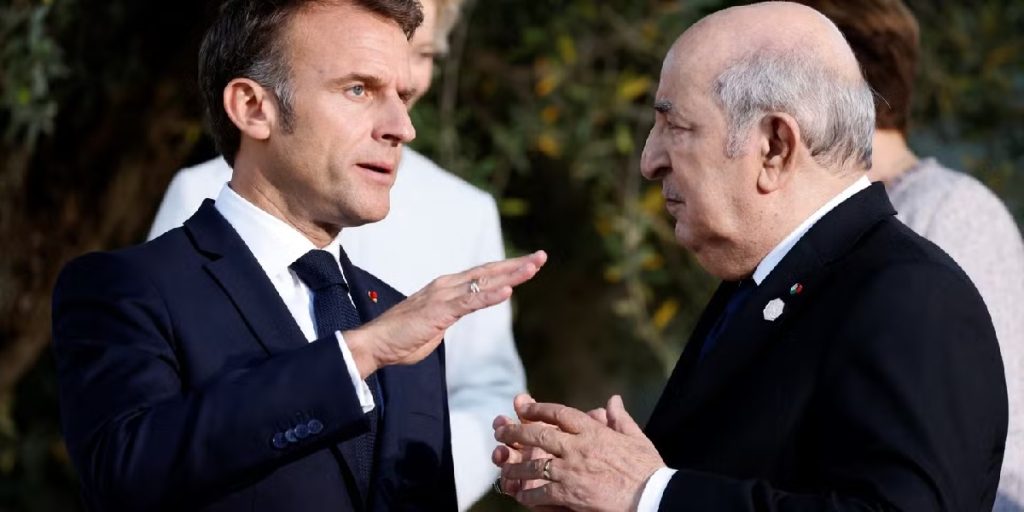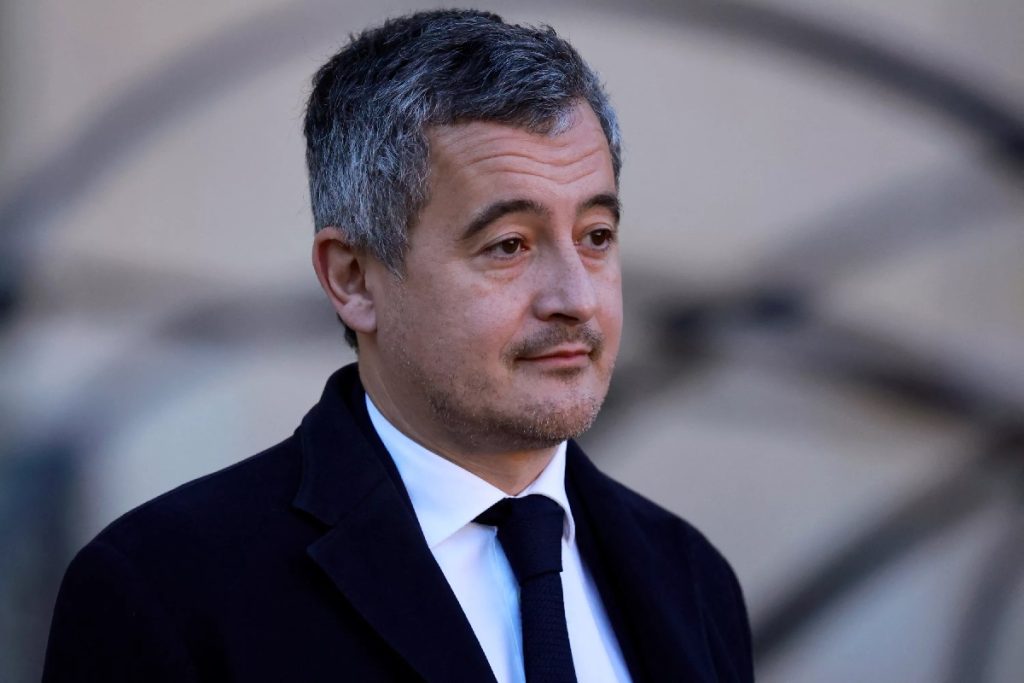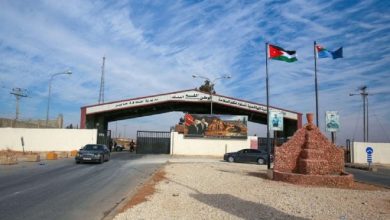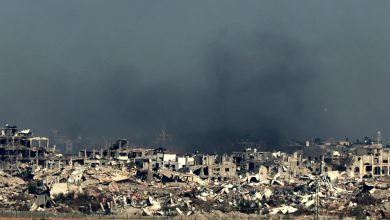France-Algeria Diplomatic Tensions: Escalating Rhetoric and Growing Hostility
French Politicians Intensify Rhetoric Against Algeria, Calling for Punitive Measures After Diplomatic Dispute

Watan–French politicians at the highest levels are intensifying their rhetoric against Algerian authorities, adopting a campaign-like tone. Through numerous newspapers and media outlets, they are using increasingly threatening language in response to what they perceive as an “insult” after Algeria declined to welcome a prominent individual who had been expelled from France. Former diplomat and minister Abdelaziz Rahabi has even characterized these officials as suffering from a “phobia of Algeria.”
In recent hours, French ministers have dominated the media to speak about Algeria as if the two countries were in a state of actual war. One of the most prominent figures in this escalation is French Minister of Justice, Gérald Darmanin, who has stated that he supports revoking the privilege for holders of Algerian diplomatic passports to travel to France without a visa.
During an interview on LCI, Darmanin mentioned that “since 2013, there has been an agreement allowing holders of Algerian diplomatic passports, estimated to number in the thousands, to move freely within France without the need for a visa,” and emphasized that “targeting this group of Algerian officials who make decisions intended to insult us, as Interior Minister Bruno Retailleau pointed out, seems smarter and more effective, and can be implemented quickly.”
The Minister of Justice considered this move to be beneficial as it would not affect the Algerian community or French citizens of Algerian descent, who have cultural and historical ties to Algeria. He emphasized that “10 percent of our citizens have blood ties, history, or culture with Algeria.”

Darmanin also stated that the 1968 agreement between the two countries, which regulates the status of Algerians in France, has become “somewhat outdated,” noting that it has been amended four times in the past, and suggested that it could be revised again or even canceled entirely if needed. The minister, who has Algerian roots, argued that the relationship between the two countries should be based on mutual respect, saying, “Algeria is a sovereign country, and it has the right to make its decisions, but it must also respect France as we respect it.” Regarding the case of Algerian-French writer Boualem Sansal, he called for his immediate release, asserting that “Algeria should honor itself by releasing him as soon as possible.”
For his part, Manuel Valls, French Minister for Overseas Territories and former Prime Minister, threatened that Algeria has much to lose if it continues escalating tensions with France, stating that this approach damages bilateral relations and negatively affects Algerians both inside and outside the country, including French citizens of Algerian descent.
In an interview with French channel “BFM TV,” Valls said it was unacceptable for the Algerian government to continue fueling this escalation, questioning the motive behind this behavior: “What is the point of this conduct, if not an attempt to gain internal advantages?” He repeated previous statements by French President Emmanuel Macron, who claimed that the Algerian regime “lives off the rents of memory,” which, according to Valls, exacerbates tensions between the two countries.
Valls also pointed out that France could take actions such as reducing development aid or imposing visa restrictions to apply pressure on Algeria, stressing that firmness in stance is necessary in light of these actions crossing a line. He also warned against the rise of populism and the role of influencers on social media, suggesting that some may be exploited or guided by certain parties, referencing recent cases handled by French courts. Valls emphasized that the French response must be strong and calculated, saying, “France will not fear this type of rhetoric. We must take a clear position because the situation cannot continue like this.”
Taking a more hardline stance that is unusual for President Emmanuel Macron’s party, former Prime Minister Gabriel Attal demanded that harsh punitive measures be taken against Algeria. In an article published in Le Figaro, Attal argued that in response to what he described as Algeria’s continuous provocations, France must take firm steps to ensure its sovereignty is respected.
Attal explained that the first step is to condemn the French-Algerian agreement of 1968, which he described as an unjustified migration channel that contributes to family reunification and settlement without requiring the learning of French or integration. He added that the agreement makes it difficult to revoke residence permits from Algerian citizens even for public order reasons, which he considers unfair to other countries and French citizens.

He also suggested reducing the number of visas granted to Algerians, stressing that Algeria currently grants fewer than one consular permit for every ten individuals under the OQTF (Obligation to Leave French Territory) regime. He believed this significant reduction would exert pressure on Algerian officials to take a positive response.
Attal further argued that France must adopt a more stringent stance toward Algerian leaders who benefit from France’s generosity while showing disrespect toward it, emphasizing the need to cancel the 2007 agreement that allows senior Algerian officials to travel freely to France without restrictions. He pointed out that these leaders abuse these privileges for travel or medical treatment, leaving debts behind for French hospitals.
He also called for using trade as an additional lever, suggesting that discussions should take place at the European level to increase tariffs on Algeria if necessary. He emphasized that these emergency measures would send a strong message that Algeria must respect France. He concluded his article by saying, “France’s ability to be respected is at stake. There is urgency.”
In response to all of this, former Algerian diplomat Abdelaziz Rahabi criticized the military tone, often arrogant, adopted by French Foreign and Interior Ministers toward Algeria. He described this as closer to a “dance of the fools” than a real diplomatic crisis, pointing out the lack of any serious reasons to justify the mobilization of those suffering from “Algeria phobia.”
Rahabi explained in a tweet on the X platform that French authorities succeeded in making Algeria a priority issue on their political agenda, without realizing that this approach would lead to repeated crises and clashes over sovereignty between the two countries. He added that the rise of populism in countries with colonial or fascist histories, such as France, Germany, and Italy, has contributed to fueling negative memories among influential political, social, and media elites in these countries.






